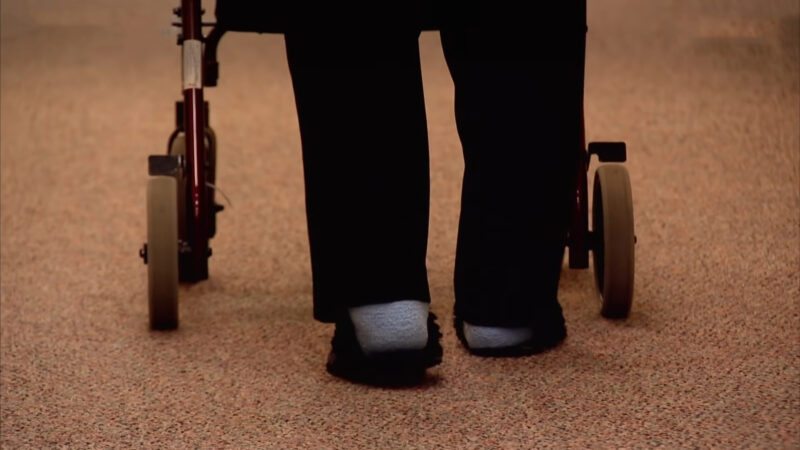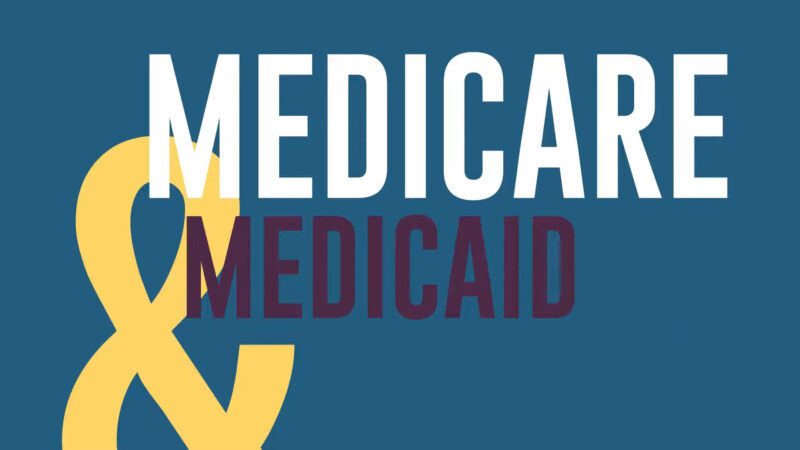Assisted living is super important for many people, especially older adults or those with specific health needs. It’s pretty crucial to know how these services get paid for, particularly when it comes to Medicaid.
In this article, we’re going to take a deep dive into whether Medicaid helps cover the costs of assisted living. We’ll look at what Medicaid covers, who can get it, and all the details about assisted living services.
Medicaid is a program run by both the federal government and the states. It helps provide health insurance to a bunch of Americans like low-income folks, kids, pregnant women, the elderly, and those with disabilities.
Each state runs its own Medicaid program, but they have to follow the rules set by the federal government.
Key Takeaways:
- Medicaid Coverage: Varies by state for assisted living costs.
- Eligibility Criteria: Based on income, age, disability, financial need, and care level required.
- State Programs: Differences in waivers and programs for assisted living.
- Application Complexity: Requires detailed income, assets, and medical documentation.
- Facility Availability: Limited number of Medicaid-accepting facilities with possible waitlists.
- Quality of Care: Varies significantly among facilities.
- Financial Planning: Important due to potential asset spend-down requirements.
- Quality of Life: Limited choices may impact facility location and amenities.
- Expert Consultation: Advised due to the system’s complexity.
Medicaid’s Coverage for Assisted Living

The extent to which Medicaid covers assisted living costs varies significantly from state to state. This variability is because while the federal government establishes certain parameters for Medicaid, states have considerable leeway in determining how they administer their Medicaid programs.
Most states provide some level of support for assisted living through Medicaid, but the nature and extent of the coverage can differ.
Eligibility for Medicaid
Eligibility for Medicaid also varies by state. Generally, it is determined based on income, age, and disability status.
To be eligible for Medicaid coverage for assisted living, an individual typically must demonstrate a financial need and a health condition that necessitates the level of care provided in an assisted living facility.
| Criteria | Description |
|---|---|
| Income | Varies by state but typically requires income to be below a certain threshold. |
| Age | Medicaid is often available to elderly individuals, though age requirements can vary. |
| Disability Status | Eligibility may extend to individuals with certain disabilities. |
| Financial Need | Applicants must demonstrate a lack of sufficient financial resources to pay for assisted living without assistance. |
| Health Condition Requirement | Must require a level of care that is typically provided in an assisted living facility. |
Services Covered in Assisted Living
Medicaid coverage for assisted living often includes personal care services, such as assistance with activities of daily living (ADLs) – bathing, dressing, eating, and mobility. It may also cover nursing care, medication management, and various therapies.
However, it’s important to note that Medicaid might not cover the full cost of living in an assisted living facility. In many cases, Medicaid will cover the cost of care services, but room and board costs are not always included.
State-Specific Programs
Some states have waivers or specific programs that allow Medicaid funds to be used for assisted living. These programs often aim to provide alternatives to nursing home care, which is traditionally more expensive than assisted living.
States may have different names for these waivers, such as “Home and Community-Based Services” (HCBS) waivers or “1915(c) Waivers.” Individuals and families must research the specific programs available in their state.
Applying for Medicaid for Assisted Living

The process of applying for Medicaid coverage for assisted living involves several steps. This typically includes providing documentation of income and assets, as well as medical records indicating the need for assisted living care.
It’s advisable to consult with a Medicaid planner or an elder law attorney to navigate this complex process.
Challenges and Considerations
The role of Medicaid in assisting with the costs of assisted living is undeniably important, yet navigating this terrain presents several challenges and key considerations.
Limited Availability of Medicaid-Covered Facilities: One of the most significant challenges is the limited number of assisted living facilities that accept Medicaid. This scarcity can be attributed to various factors, including reimbursement rates that facilities receive from Medicaid, which may be lower than private pay rates. As a result, some facilities may opt not to participate in the Medicaid program, thereby limiting options for those reliant on Medicaid for long-term care.
Long Waiting Lists: For the facilities that do accept Medicaid, there’s often a high demand for these spots. This demand can lead to lengthy waiting lists, posing a challenge for individuals who require immediate or timely access to assisted living services. Such delays can be particularly problematic for those with deteriorating health conditions who need prompt and specialized care.
Quality of Care Variation: The quality of care and services offered at Medicaid-accepting assisted living facilities can vary widely. While there are certainly high-quality facilities that accept Medicaid, there may be others where the level of care, range of services, or facility maintenance might not meet the expectations or needs of residents. This variance necessitates thorough research and due diligence by individuals and their families to ensure the chosen facility provides appropriate and quality care.
Navigating State-Specific Rules: Medicaid programs and their coverage for assisted living vary from state to state. Understanding these state-specific rules, which can influence the availability of services and the extent of coverage, adds another layer of complexity to the process. Families must acquaint themselves with their state’s particular Medicaid guidelines and assisted living policies.
Ensuring Continuity of Care: For those transitioning from private pay to Medicaid, ensuring continuity of care while navigating the change in funding sources can be challenging. There’s a need to understand how this transition impacts the services received and whether the same level of care will be maintained under Medicaid.
FAQs

Can Medicaid be used to cover the cost of memory care within an assisted living facility?
Yes, in some states, Medicaid can be used to cover the cost of specialized care, such as memory care for individuals with Alzheimer’s or other forms of dementia, within an assisted living facility. However, coverage and eligibility requirements vary by state, so it’s important to check with your local Medicaid office for specific information.
What happens if my income or assets exceed Medicaid eligibility limits after I’m already in an assisted living facility?
If your income or assets increase beyond Medicaid eligibility limits after you’ve moved into an assisted living facility, you may lose your Medicaid coverage. However, some states have a “spend down” program where you can become eligible by incurring medical expenses that reduce your countable income to below the eligibility threshold. It’s important to consult a Medicaid planner or financial advisor for guidance in such situations.
Are there any special Medicaid programs for veterans needing assisted living?
Veterans may have access to additional benefits through the Department of Veterans Affairs (VA) that can be used in conjunction with Medicaid. The VA offers programs like the Aid and Attendance benefit, which can help eligible veterans pay for assisted living. However, coordination between Medicaid and VA benefits can be complex, so seeking advice from a VA benefits counselor is recommended.
How do I find assisted living facilities that accept Medicaid in my area?
To find assisted living facilities that accept Medicaid, you can start by contacting your local Area Agency on Aging or a Medicaid planner. They can provide a list of facilities that participate in Medicaid programs in your area. Additionally, many states have online resources or directories to help locate Medicaid-approved assisted living facilities.
Does Medicaid cover the cost of transportation to medical appointments for residents in assisted living facilities?
Medicaid often covers non-emergency medical transportation (NEMT) for eligible individuals to and from medical services, including those residing in assisted living facilities. However, the availability and scope of this coverage can vary by state and individual Medicaid plan.
Can family members be paid by Medicaid for providing care to a relative in an assisted living facility?
In some states, Medicaid programs may allow family members to be paid as caregivers through self-directed care programs. These programs give beneficiaries the flexibility to hire and pay their caregivers, including in some cases, family members. However, the rules and availability of such programs vary by state, and not all states allow family members to be paid caregivers under Medicaid.
Final Words
So, wrapping it up, Medicaid can help out with paying for assisted living, but it comes down to what your state offers and if you’re eligible. Figuring out all the ins and outs of Medicaid and how it works with assisted living isn’t a walk in the park.
You’ll probably need to do a fair bit of digging and maybe even get some expert advice. With more and more people needing assisted living, it’s super important for everyone to get a handle on how they can fund this kind of care.
